I like to think of friendship as a swimming pool. There are people you meet who become your acquaintances with whom it’s safe and natural to splash around with in the shallow end of the pool. There are fewer people who become your very close friends with whom you venture into the deep end of the pool. And in everyone’s life there are just some people you probably ought never get into the pool with, do you know what I mean?
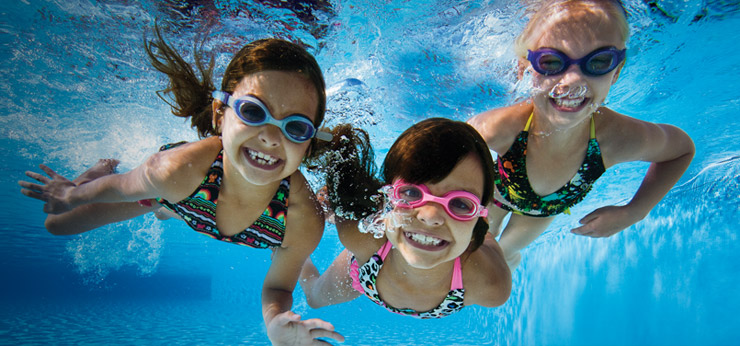
When venturing into the deep end of the friendship pool with another person, you have to have confidence in each other that you both have the skills to keep yourselves afloat. One of the most dangerous situations in life is to be in the deep end with someone who is drowning. It’s a recipe for an extremely hazardous double-drowning.
How do we figure out if someone has the skills, resources, and tools to head safely with into the deep end of friendship?
You’ve got to observe them alone in the deep end of their own life.
How are they managing their life, their responsibilities, and how do they react in a crisis? Do they look to blame someone else and victimize themselves or own their situation and take responsibility? What are their relationships with others like? Do they even have relationships with others? What are the contents of their life? Do they have work, hobbies, friends, family, pets, and are they involved in their community? Are there signs of mental illness, addiction, drama, chaos, narcissism, co-dependency, or passive-aggression? All of these items can indicate how well or well not a swimming partner (aka friend) might be for you. People who can successfully swim around in their own deep end of the pool of life are usually safe to swim with, but not always.
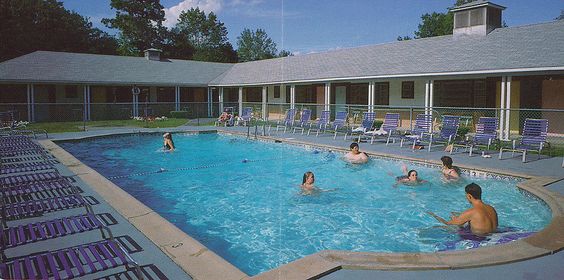
Oftentimes it’s fun and necessary to swim in the deep end together while holding hands, being supported by one or the other and helping each other along. This is completely different than one swimmer falling into a panic, grasping for air, and looking to attach to anyone or anything. For some people you will choose to be their Life Guard and attempt a rescue, for others you will have to get away. It is such a hard decision to make.
Hopping into the deep end of the pool with someone who’s chronically looking to use you as a flotation toy or, gawd forbid, a life-saving floatation device is unwise. It is unsafe. These people can literally suck the life from you. They will demand your time, attention, money, and energy whether you have it to give or not. These people will drown you. You have to immediately get out of the pool, save yourself, and notify a professional Life Guard (their family member, therapist, law enforcement, etc.) that someone needs immediate help.
I have made the mistake of getting into the deep end with people without vetting well enough their deep-end swimming skills. It is a horrible, horrible feeling to realize that you are in the deep end with a person who is slowly (or quickly) drowning. You have to cut ties to save yourself unless you are willing to sacrifice time, attention, money, health, and energy that you may never get back.
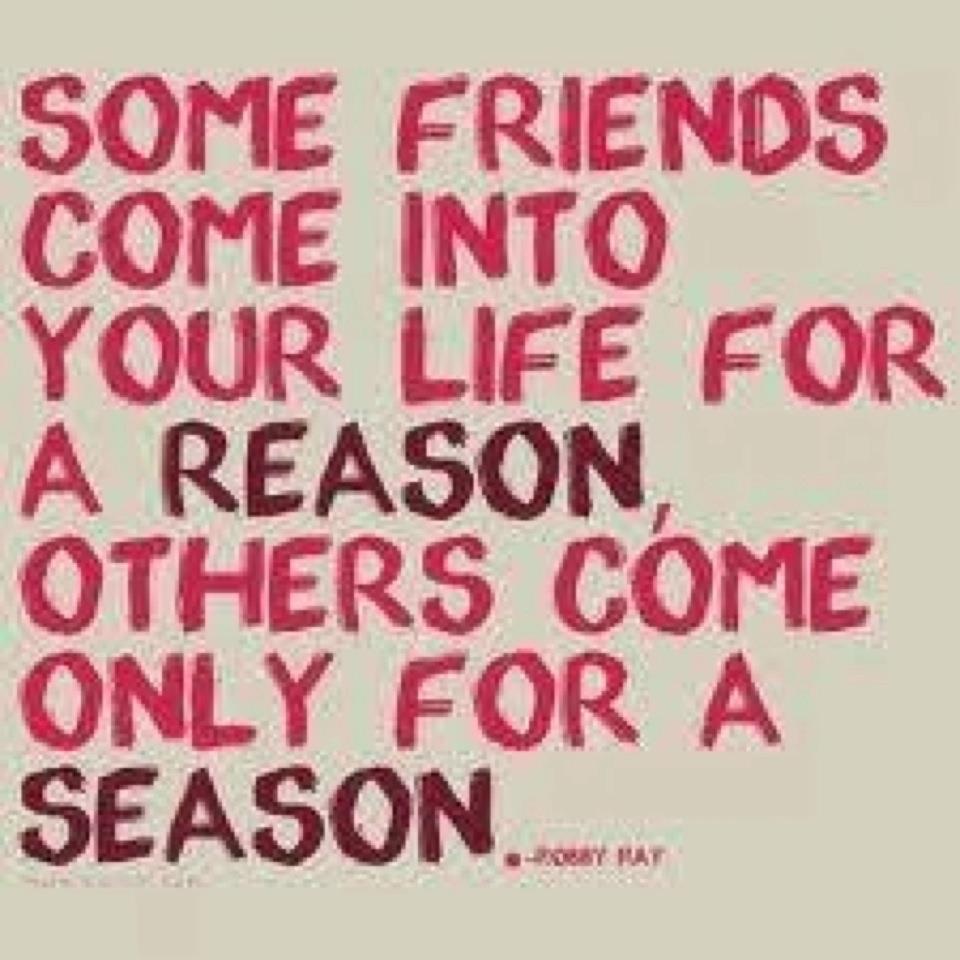
I have also learned recently that people can drown in shallow water. Here I was thinking that I was safe splashing around in the shallow end with acquaintances and reserving the deep end for vetted friendships and I got caught off guard. There are good people in life who are not yet masters of the shallow end of their lives. And there are other people whose deep-ends are your shallow-ends. While their slow drowning in the shallow-end is not quite as hazardous to your safety if your footing is secure, it’s still important to distance yourself. There are just some people you need not enter the pool with now or ever. Oftentimes you don’t know this until you’ve splashed around a little bit together.
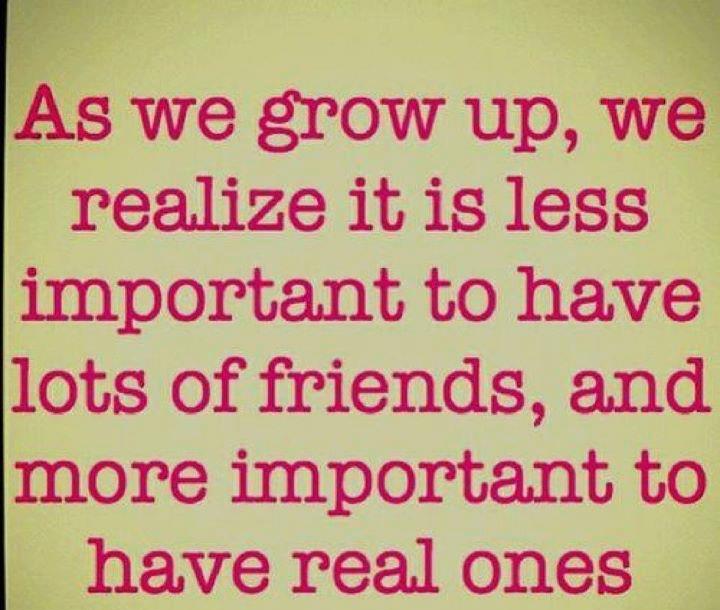
If this post sounds judgmental to you, I apologize. Perhaps you are someone who thinks that it’s kind and best to befriend everyone you meet. Maybe you’re the type of person who thinks the best way to get to know someone is to immediately jump in the deep end together and sort out the consequences and details later.
I personally believe it’s important to be kind and courteous to those you meet, however I believe discernment is necessary when choosing close friends. Not everyone has to become your friend. Rather than judge someone as a good or bad person, which I’m not advocating, discerning safe or unsafe behavior in others is critical to your wellbeing.
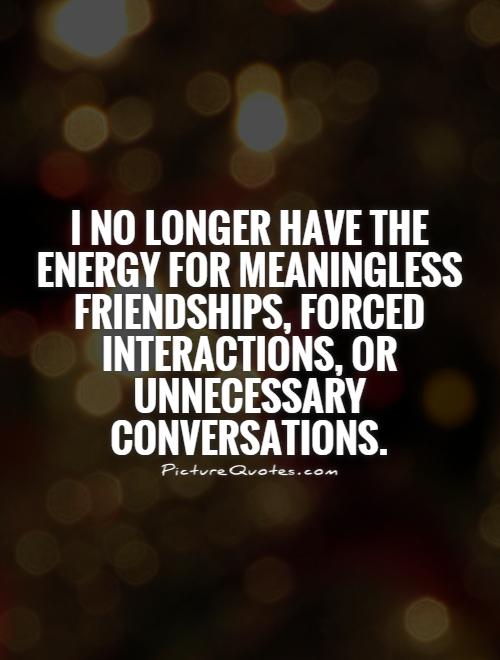
I have a great life that contains a devoted husband, a growing teenager, three rescue animals, meaningful work, community involvement, and hobbies. I am very protective of the life I love and have worked hard to create. I enjoy meeting new people and making new connections. Yet I know the limits of my time, psyche, and energy. There are very few friends for whom I would sacrifice elements of my core life. Theses friends know who they are, they can count on me, and they are the type of people who are pretty good about standing and swimming on their own. We are there for each other building each other up so that the near-drowning moments are few and far between. We encourage each other to practice and maintain good, strong swimming skills.
It is hard, uncomfortable, and dreadful to enter into the pool with someone who you eventually realize later you shouldn’t have. Oftentimes these relationships crash and burn. Other times we stay in them out of obligation or fear. Without mutual respect, common ground, mutual care, mutual work on the relationship, earnest communication, mutual trust, and individual responsibility for one’s own life, staying in a drowning friendship out of obligation is false loyalty and will eventually backfire.
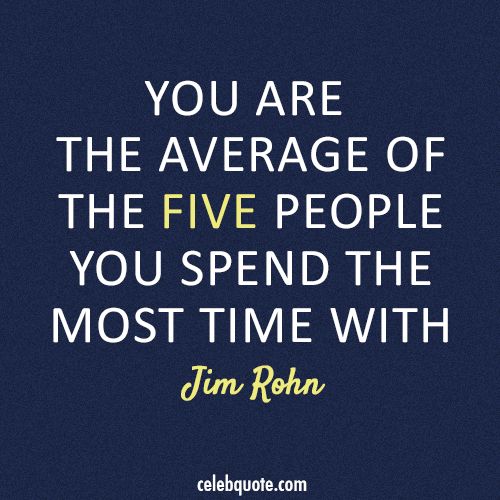
Be honest. Get out of the pool. Save yourself and let a Life Guard know their services are needed. Live and learn. Next time with the next person you’ll be better equipped to pick up on the early signs of weak swimming skills. Know who you’re willing to drown for and go deep only with them. Accidents happen, life is messy, and sometimes the best swimmers need a rescue. One day it might even be you.
Additional Resources
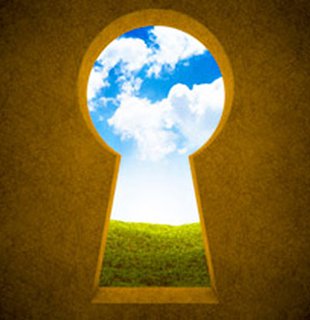
{ 0 comments… add one now }